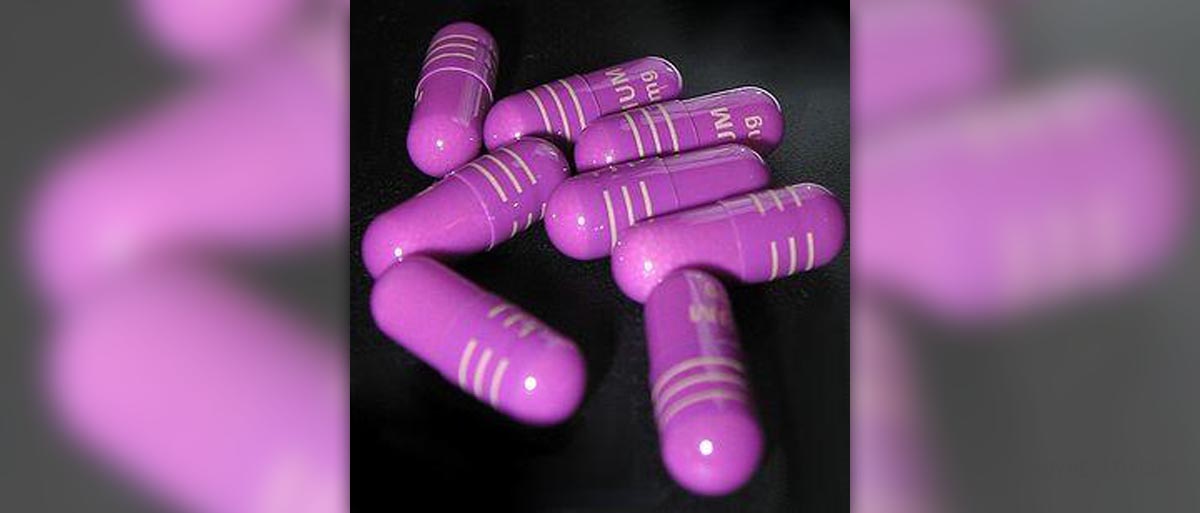
Gastro esophageal reflux disease or GERD is chronic disease caused by stomach acid coming from the stomach into the esophagus. Patients usually experience heartburn, swallowing problems (dysphagia) and regurgitation of stomach acid. Some people may also experience excessive salivation, nausea, chest pains or even pain while swallowing (known as odynophagia).
How is GERD Diagnosed?
In order to find out what is appropriate treatment option for your case, consult your doctor and get checked. GERD diagnosis is usually done by some endoscopic imaging, X-ray imaging of the chest and abdomen and detail medical history of each particular patient. Additional diagnostic methods may include: esophageal manometry and esophagogastroduodenoscopy (EDG), while most doctors will use esophageal pH monitoring as the golden standard for GERD diagnosis.
This chronic condition requires medical treatment and won’t resolve on its own. Your doctor may recommend different medications to treat your condition, including Nexium.
Important Info about Nexium
Nexium is the drug used to treat different symptoms associated with GERD, erosive esophagitis, gastric ulcer caused by Helicobacter pylori infection or the use of NSAIDs (non-steroidal anti-inflammatory drugs). It can also be used for symptoms of infections leading to duodenal ulcers. This medication affects and decreases the amount of produced stomach acid and thus relieves discomfort and pain.
If your condition requires so, your doctor may advise using some additional medications with Nexium. In most cases, these are antibiotic medications and they should be used exactly as they were prescribed. Make sure you understand how these drugs should be used and if you don’t know something about their usage ask you pharmacist or your doctor.
Never stop taking Nexium unless you have informed your doctor about it and he or she agrees with that decision, because only doctors should decide whether you should stop the treatment.
Nexium has been associated with side effects such as allergic reactions, hives, swelling of the face, lips and tongue and some breathing difficulties. Some patients may experience headaches, nausea, dry mouth and diarrhea or constipation. If you happen to notice any of the symptoms of allergic reaction to this medication, always check that with your doctor to avoid any further problems.
People who already know that they are allergic to Nexium and drugs similar to Nexium should avoid this medication. Patients with history of liver and kidney related problems should inform and consult their doctor prior to the start of Nexium treatment, since they might have some problems due to their previous medical condition.

















Your thoughts on this
Loading...